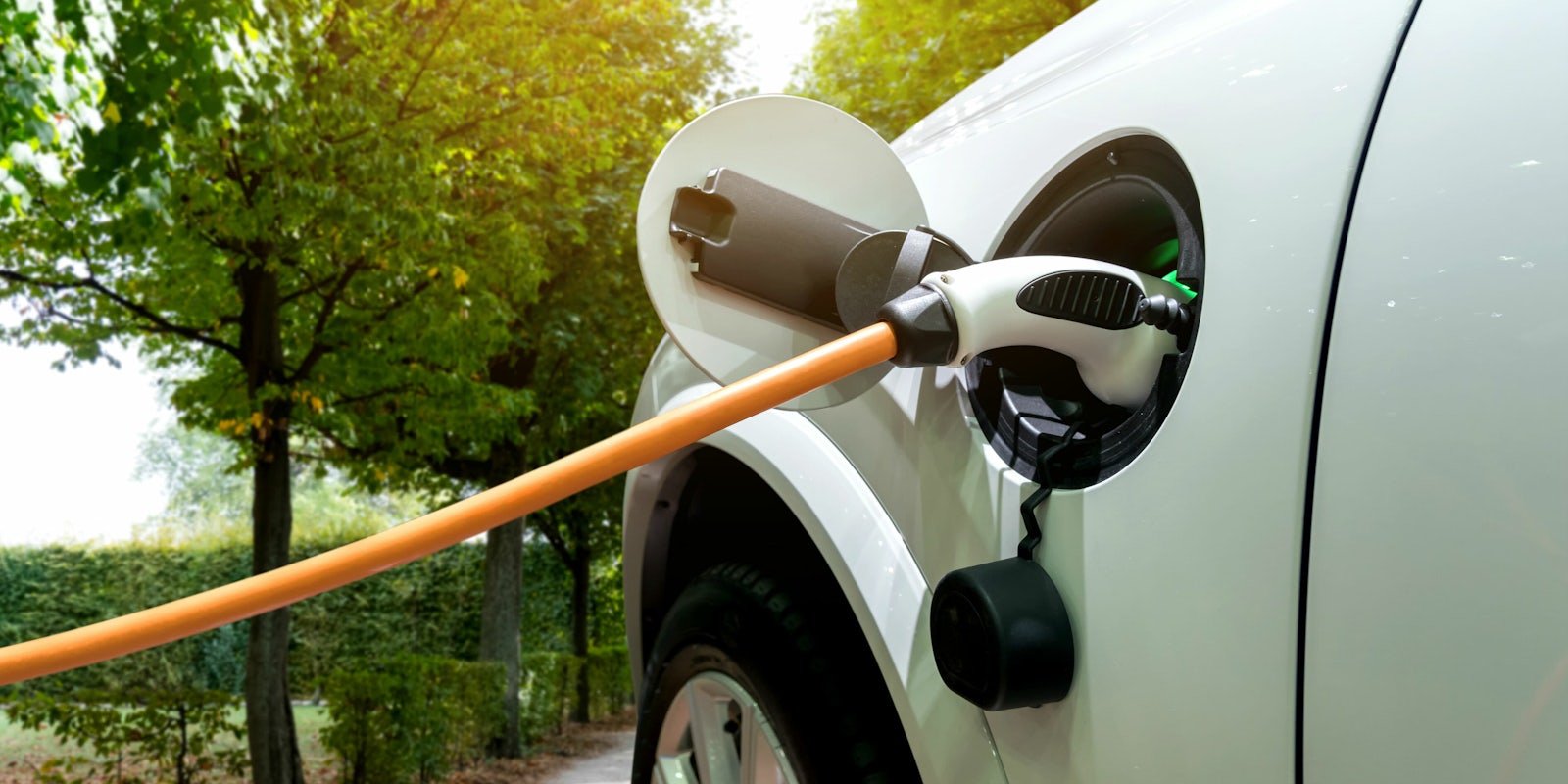Electric cars have made resounding progress in recent years, but they have yet to break into the mainstream market. One of the big fears of going electric is their limited range. No one wants their car to run out of juice far from a charging station, and then to wait half an hour for it to charge back up.
A new type of battery being developed by Toyota might just be the solution to those problems. The Japanese car manufacturer is working on a battery designed to add range and to charge an electric vehicle in a matter of minutes, according to Chunichi Shimbun Daily.
A Toyota spokesperson told Reuters the company is aiming to commercialize the new batteries by the early 2020s. What makes the lithium-ion unit so special is the use of a solid electrolyte instead of a liquid one. This gives it both a lower chance of overheating and a higher energy density, which should theoretically allow a vehicle to travel much greater distances before needing to be recharged. These “solid-state” batteries are also rumored to charge in a few minutes, as opposed to the 30 minutes most of today’s EVs take to top off.
Toyota may be the first company you think of when you hear “hybrid,” but its reluctance to build a fully-electric vehicle is well-documented.
“The current capabilities of electric vehicles do not meet society’s needs, whether it may be the distance the cars can run, or the costs, or how it takes a long time to charge,” said “the father of the Prius,” Toyota Vice Chairman Takeshi Uchiyamada, in 2012.
Solid-state batteries appear to be the answer. The Japanese giant reportedly wants to put the batteries in fully-electric vehicles by 2022, which could make it the first auto manufacturer to ship the new cells. BMW also has plans to use the new batteries but said production won’t be ready until 2026 with long-term durability testing standing in the way.
The company that created the immensely popular Prius is late to the EV game, but it will be welcomed with open arms if it brings a solution to two of the segment’s biggest limitations.
H/T Forbes


